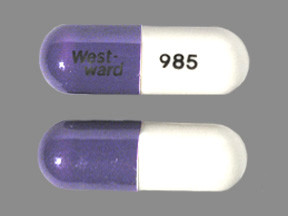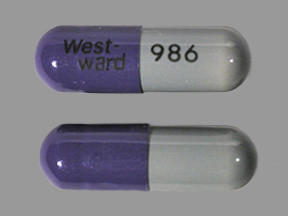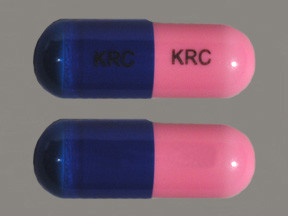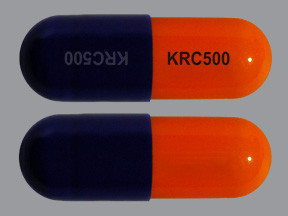CEFACLOR - ORAL
PHONETIC PRONUNCIATION: (SEF-a-klor)
COMMON BRAND NAME(S): Ceclor
GENERIC NAME(S): cefaclor
Uses
USES: This medication is a cephalosporin-type antibiotic used to treat a wide variety of bacterial infections (e.g., middle ear, skin, urine and respiratory tract infections). It works by stopping the growth of bacteria. This antibiotic only treats bacterial infections. It will not work for viral infections (e.g., common cold, flu). Unnecessary use or overuse of any antibiotic can lead to its decreased effectiveness.
How to use CEFACLOR - ORAL
HOW TO USE: Take this medication by mouth usually every 8 or 12 hours, or as directed by your doctor. You may take this medicine with food if stomach upset occurs. For the best effect, take this antibiotic at evenly spaced times. To help you remember, take this medication at the same time(s) every day. Continue to take this medication until the full-prescribed amount is finished even if symptoms disappear after a few days. Stopping this medication too early may allow bacteria to continue to grow, which may result in a relapse of the infection. Inform your doctor if your condition persists or worsens.
Side Effects
Precautions
Interactions
Overdose
Images
Reviews
Faq for CEFACLOR - ORAL
Cefaclor is an oral antibiotic that belongs to the cephalosporin class of medications. It is used to treat various bacterial infections such as respiratory tract infections, urinary tract infections, skin and soft tissue infections, and ear infections.
Cefaclor works by inhibiting the growth of bacteria and killing them. It does this by interfering with the synthesis of bacterial cell wall, which is essential for bacteria to survive and multiply.
The common side effects of Cefaclor include diarrhea, nausea, vomiting, stomach pain, headache, rash, and itching. These side effects are usually mild and go away on their own. If any severe or persistent side effects occur, it is important to contact a healthcare provider.
Cefaclor is usually taken orally, either with or without food. It is important to follow the dosage instructions provided by your healthcare provider. Do not skip doses or stop taking Cefaclor before completing the prescribed course, even if symptoms improve.
Cefaclor should only be used during pregnancy if clearly needed and under the supervision of a healthcare provider. It is generally considered safe to use while breastfeeding, but it is important to consult with a healthcare provider before taking any medication during this time.
Cefaclor may interact with certain medications, including anticoagulants, probenecid, and some vaccines. It is important to inform your healthcare provider about all the medications you are taking, including over-the-counter drugs and herbal supplements, to avoid potential interactions.
The exact time for Cefaclor to start working depends on the severity and type of infection being treated. Generally, improvement in symptoms can be expected within a few days of starting the medication. However, it is important to complete the full prescribed course to ensure complete eradication of the infection.
Disclaimer
IMPORTANT: HOW TO USE THIS INFORMATION: This is a summary and does NOT have all possible information about this product. This information does not assure that this product is safe, effective, or appropriate for you. This information is not individual medical advice and does not substitute for the advice of your health care professional. Always ask your health care professional for complete information about this product and your specific health needs.




No Reviews Yet